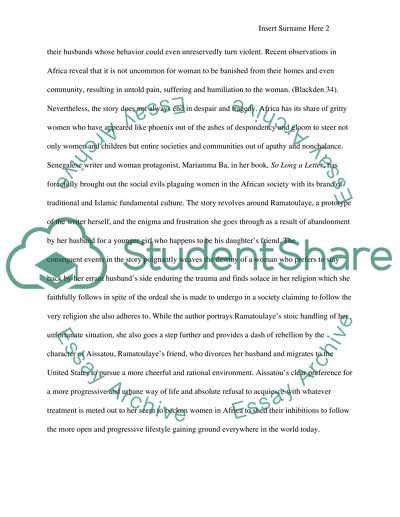Cite this document
(“The Role of Women in African Society Term Paper”, n.d.)
The Role of Women in African Society Term Paper. Retrieved from https://studentshare.org/social-science/1530080-term-paper-bachelor-essay
The Role of Women in African Society Term Paper. Retrieved from https://studentshare.org/social-science/1530080-term-paper-bachelor-essay
(The Role of Women in African Society Term Paper)
The Role of Women in African Society Term Paper. https://studentshare.org/social-science/1530080-term-paper-bachelor-essay.
The Role of Women in African Society Term Paper. https://studentshare.org/social-science/1530080-term-paper-bachelor-essay.
“The Role of Women in African Society Term Paper”, n.d. https://studentshare.org/social-science/1530080-term-paper-bachelor-essay.


